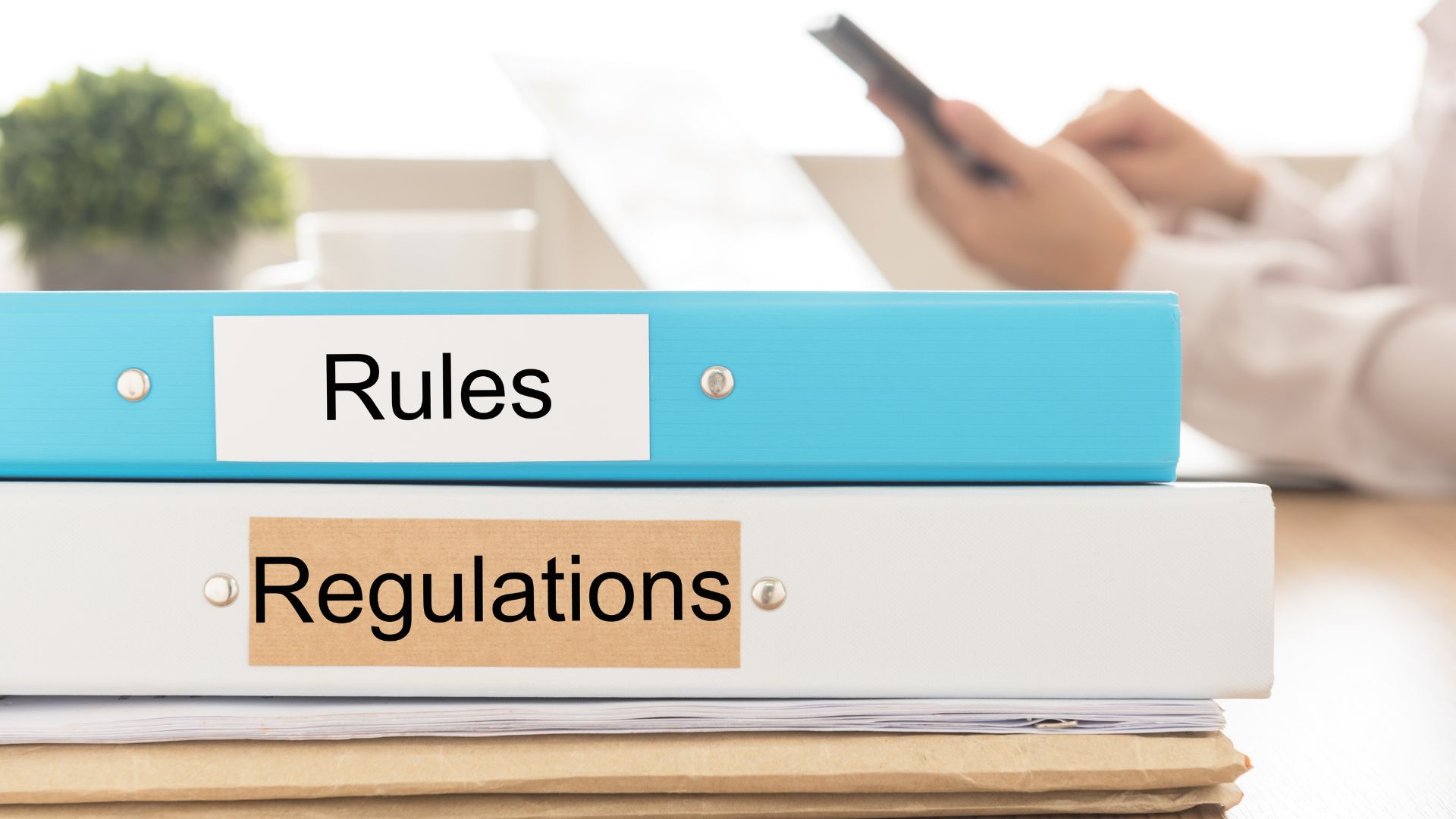Stockholm, Sweden Airbnb Rules & Regulations
Last updated on: 4th July, 2025


Last updated on: 4th July, 2025

Airbnb regulations in Stockholm, Sweden, are guided by several key principles related to health, taxes, permissions, safety, courtesy, and insurance, designed to ensure responsible hosting and community standards.
Health and Cleanliness: Airbnb emphasizes rigorous cleaning protocols, especially important in light of COVID-19. Hosts are encouraged to follow health and safety measures recommended by the Public Health Agency of Sweden.
Taxes: Income from Airbnb is taxable in Sweden. Hosts must declare their earnings and are required to pay taxes on income exceeding 40,000 SEK annually. Specific tax deductions depend on whether the property is rented, owned, or part of a cooperative.
Regulations and Permissions: Hosting an Airbnb is subject to various legal and community regulations. For instance, if you live in a rented apartment, you need landlord approval to sublet via Airbnb. Cooperative apartment owners need permission from the board for entire home rentals. Owners of directly-held properties have fewer restrictions but should ensure their activities do not constitute an unregistered hotel business.
Safety: Hosts must ensure guest safety by providing emergency contact information, maintaining fire safety equipment, and removing or marking hazards.
Courtesy to Community: Hosts should inform guests of local building rules, house rules, and community norms, such as noise restrictions and parking instructions, to minimize disturbances.
Insurance: While Airbnb offers basic coverage, it is crucial for hosts to verify their insurance policies cover Airbnb-related activities. Adequate homeowner's or renter's insurance is recommended.
These guidelines form the framework for responsible Airbnb hosting in Stockholm, aiming to balance the interests of hosts, guests, and the local community.